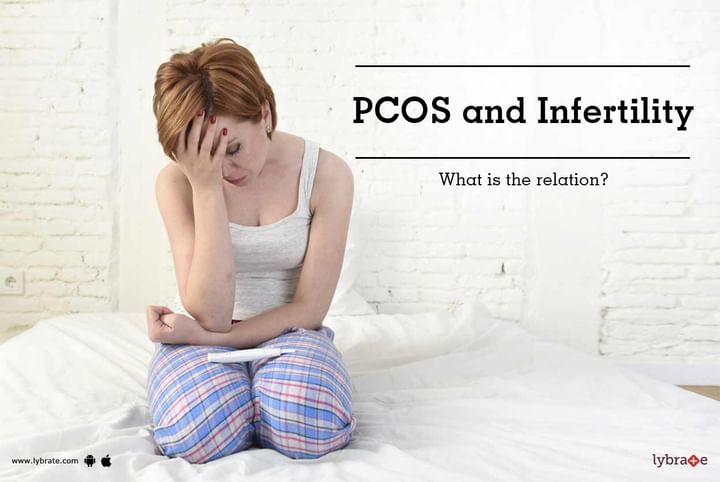Get the App
For Doctors
Login/Sign-up
Last Updated: Oct 23, 2019
BookMark
Report
PCOS and Infertility - What is the relation?
Dr. Seema JainIVF Specialist • 29 Years Exp.MBBS, MD - Obstetrtics & Gynaecology, DNB - Obstetrtics & Gynaecology, Royal College Of Obstetricians & Gynaecologists (MRCOG)
Almost all women with the ability to reproduce develop ovarian cysts at some point or the other but not all of them suffer from PCOS or have infertility issues. PCOS affects only around 10% of women of reproductive age. It is important to note the PCOS or Polycystic Ovarian Syndrome does not cause cysts but leads to the development of follicles. This causes a hormonal imbalance. The results of this hormonal imbalance can be noted in many ways including infertility.
- Infertility can be described as the inability to conceive and reach full term despite having unprotected intercourse at the right time of a woman’s menstrual cycle for over a year. One of the main ways in which PCOS interferes with fertility is by disturbing the natural ovulation cycle. Normally, a woman ovulates once a month. At this time an egg is released by either one of the ovaries. As a result of PCOS, these eggs are not released. This is because the ovaries of a woman suffering from PCOS are much larger than normal and have a number of small antral follicles that do not allow the egg to mature. Without an egg, sperm cells have nothing to fertilize and hence a woman cannot conceive. PCOS also causes irregular menstrual cycles. This makes it difficult to determine the period of ovulation.
- PCOS can be managed with medication but there is no cure for this condition. Thankfully, infertility caused by PCOS can be treated and these women can have healthy pregnancies. For this, you will need to consult a fertility specialist. There are two forms of medication to treat infertility caused by PCOS. Birth control pills, with a combination of synthetic estrogen and progestin, can help regulate the menstrual cycle. In some cases, a doctor may prescribe progestin-only pills. These pills need to be taken daily for two weeks for up to 2 months. Medication may also be prescribed to stimulate ovulation. This medication may be the form of pills or injections.
- Lifestyle changes can also help improve your fertility. For example, being overweight or obese can aggravate hormonal imbalances. With a healthy diet and regular exercise, you should be able to reduce your weight. This, in turn, can make menstrual cycles more regular. In addition, you should quit smoking, meditate and reduce your exposure to stress and pollution. This makes your body healthier and increases your chances of conceiving a baby.
In case you have a concern or query you can always consult an expert & get answers to your questions!



+1.svg)
